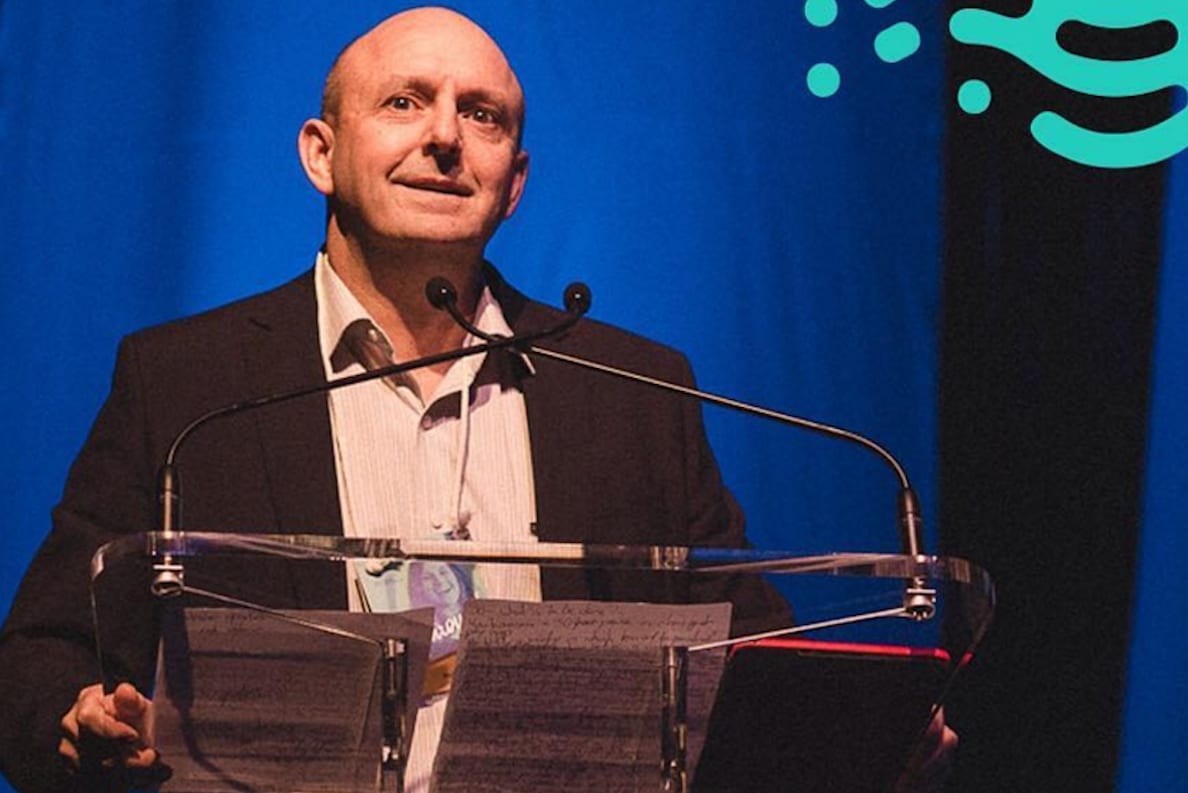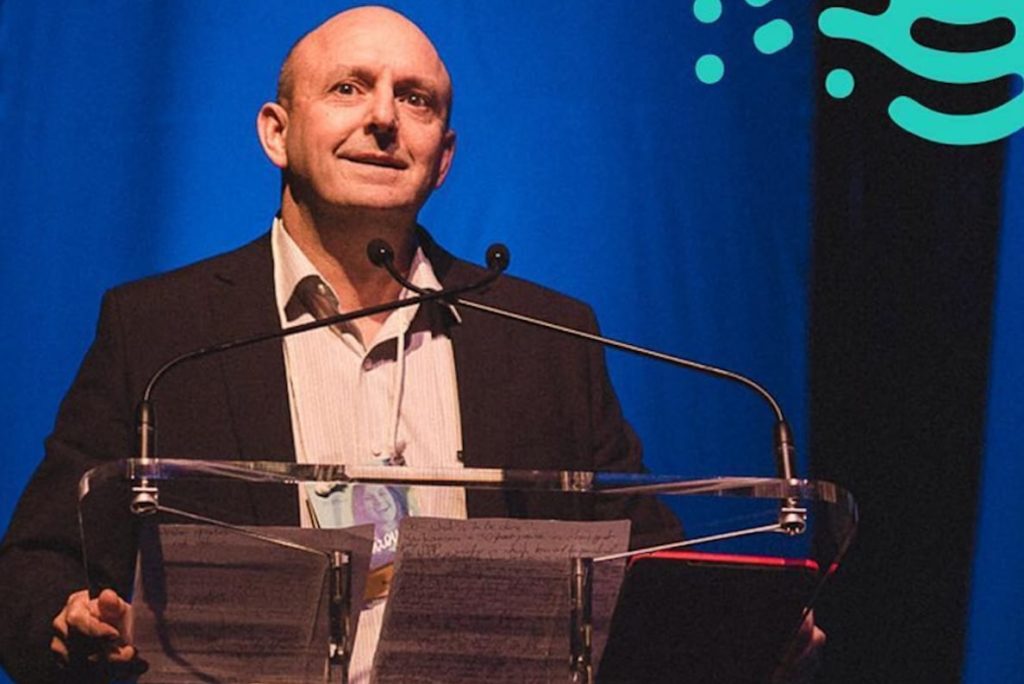
It would be fair to say that I attend my fair share of conferences and events on the subject of gender equality. And so it was with an attitude of complacency that I rolled up to the Breakthrough Conference run by Victorian Women’s Trust last week.
Yet from almost every keynote, I heard more perspectives and a greater variety of speakers and more research in 2 days than in the past 12 months. The difference? This wasn’t corporate diversity speak, it was grass roots gender equality from people who lived and breathed it across all generations. Childcare was provided, entry was affordable, and the list of speakers was breathtaking.
Surprisingly, the speaker who perhaps roused the most emotion, primarily anger, was a male economist, who brazenly told the predominantly female audience:
“When powerful people want money, they get it. When powerless people want money, they are told to collect evidence.” – Richard Dennis, Chief Economist, Australia Institute
In the last 3 years alone, the data that has been mounted in support of funding for gender equality is not only beyond dispute, it is sizeable and costly, revealing that:
– Men earn $27,000 a year more than women
– 5 out of 6 CEOs are men
– 27% of organisations have a gender pay gap
– Since the age of 15, 1.7million women have experienced sexual assault by a male perpetrator
– 1 in 4 women have experienced violence by an intimate male partner
– Over 400,000 women experienced partner violence during pregnancy
– Half of all women report experiencing discrimination due to their gender (compared with one in 10 men)
– Nearly half of all surgeons have experienced discrimination, bullying and harassment
– 1 in 2 women experience discrimination either while pregnant, on maternity leave or upon their return to work after parental leave.
Throw in the view from economists, backed by McKinsey, Bain, and more, that closing the gap between men’s and women’s participation in the workforce could add $195 billion to our economy, and it is fair to say we have more than enough data to make the case for better policies: paid parental leave, childcare, addressing domestic violence and, dare I say it, quotas for women on boards and in leadership. Proving there is a problem with data, and using data to prove that it can be fixed, has been done to death.
Dennis went on to highlight that, just when we think we are going to see an investment in policies in support of gender equality, the government forces us to choose: Paid parental leave or childcare? Because we can’t afford both…
The problem? Our government simply doesn’t want to focus on gender equality. As Richard Dennis pointed out, Australia can’t afford to do everything…but we can afford to do anything.
Nothing like a man telling women they are being played by their government to get our attention…and for a moment, I really thought this Melbourne Town Hall full to capacity with irate women, might just end up chaining themselves across the steps of parliament until the paid parental leave and childcare policy flaws were addressed – just as they did in 1985 following the first domestic violence conference (yes we’ve been calling for action on domestic violence for that long…).
Over the past week, I’ve been relaying this story to (primarily) women working in the diversity and HR space, only to see their jaws drop with the realisation that for some, these same behaviours are mirrored in our workplaces. Limited budget, sure, but is it actually their leaders just don’t want to do it, they asked me?
What, then, will it take to breakthrough?
Seems to me it’s time for a new approach: to demand a vision for our society, our community and our workplaces that reflects our ideals around gender equality. It’s an approach Grace Papers has been focusing on for the past 2 years. An approach grounded in social change theory using a methodology that requires personal transformation and empowerment of those who have most to gain.
As social change expert, David Gershon writes:
“Problem solving as a way of thinking is well suited for the goal of discovering how to fix something that may be broken in an already designed system…And, if we focus a person’s, organisation’s, community’s or society’s attention on solving specific problems, they will gain insight into these and generate possible solutions. If we focus their attention on a vision of what they want, this will generate a different set of insights and possible means for achieving them. In the former, outcomes will be defined by the parameters of the problem; in the latter by the parameters of people’s imagination.”
I’m proud to say that, in our experience working with CEOs and diversity & HR practitioners, once we’ve created the vision, the transformation really does begin – investment in new policies, programs and strategies is supported, because there is a unified passion in building something great – together. Something magical emerges, including, and importantly, a shift in the realisation that the focus of gender equality is not just about women…
So, while we’re not averse to a march on Parliament steps to demand better policies that support families, we do believe it’s time for a different approach. Less data, and more visioning of possibility. Because, “Without vision, you are at risk of repeating the past.” Anon
This article first appeared at Grace Papers. It is republished here with permission.

